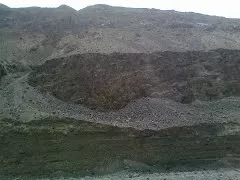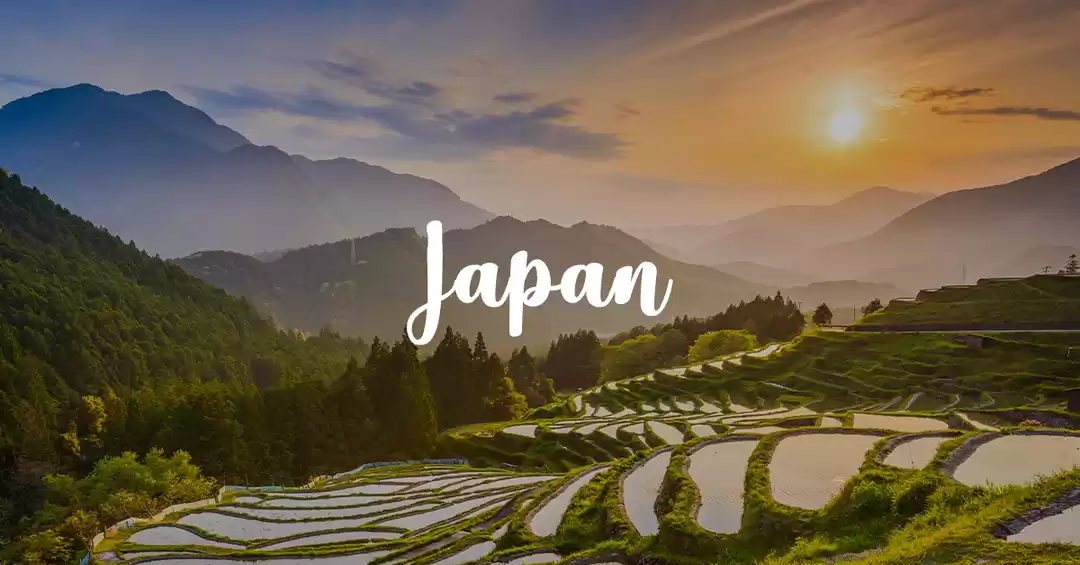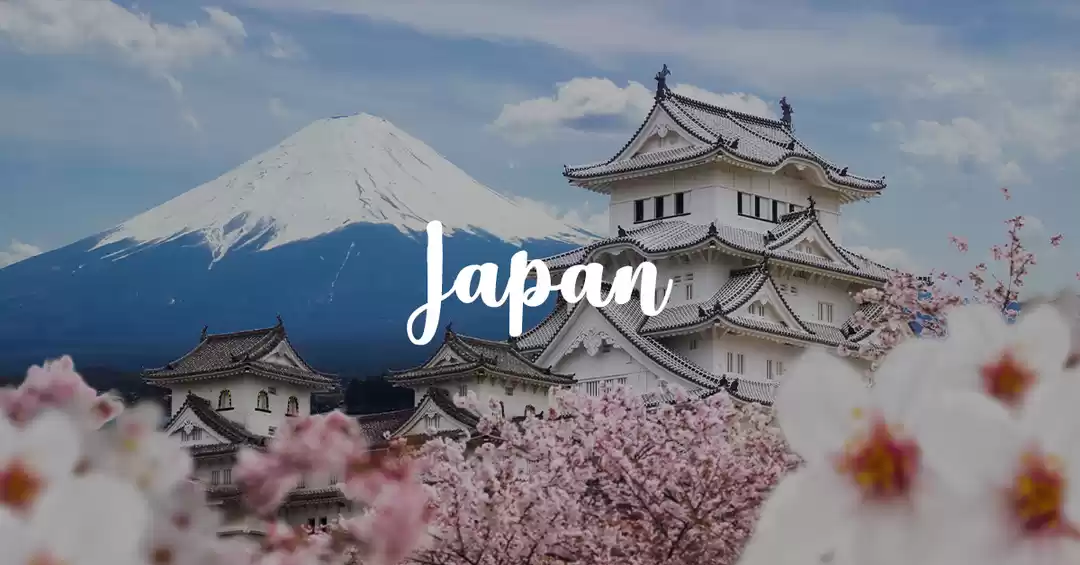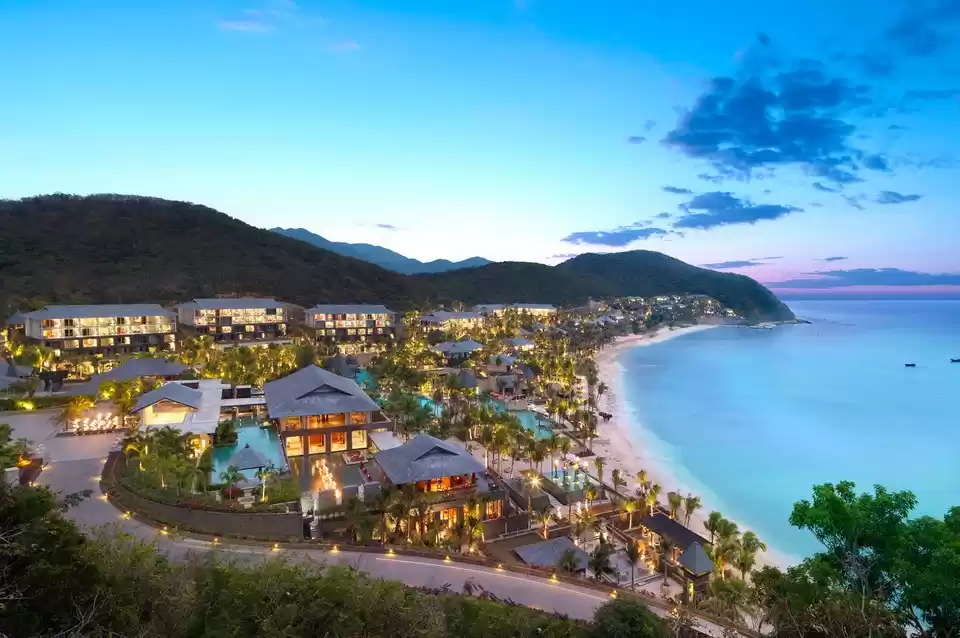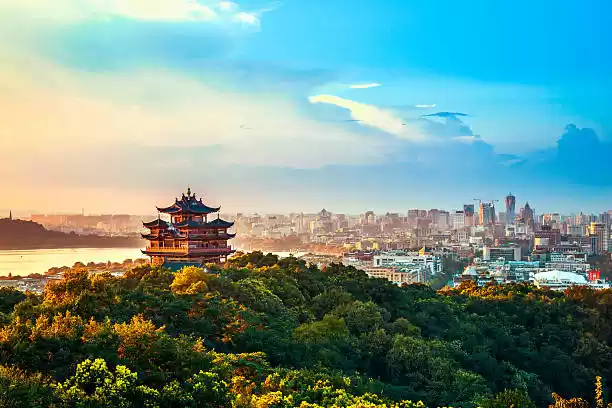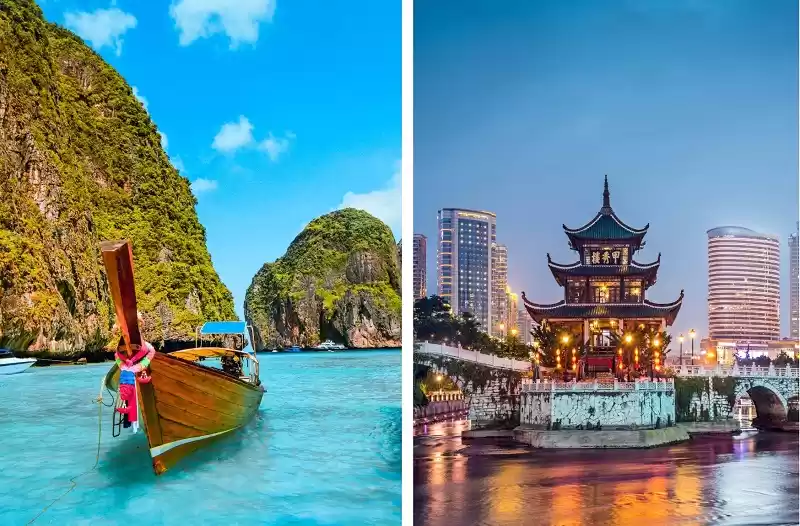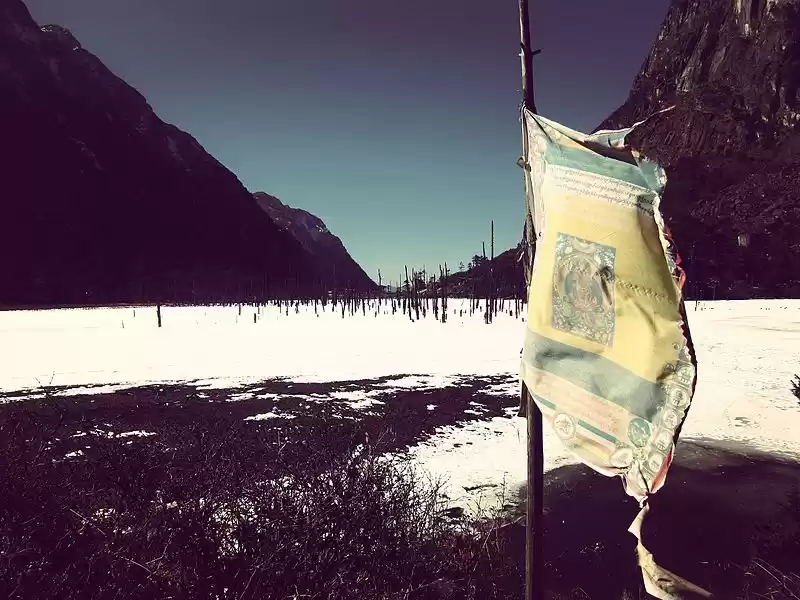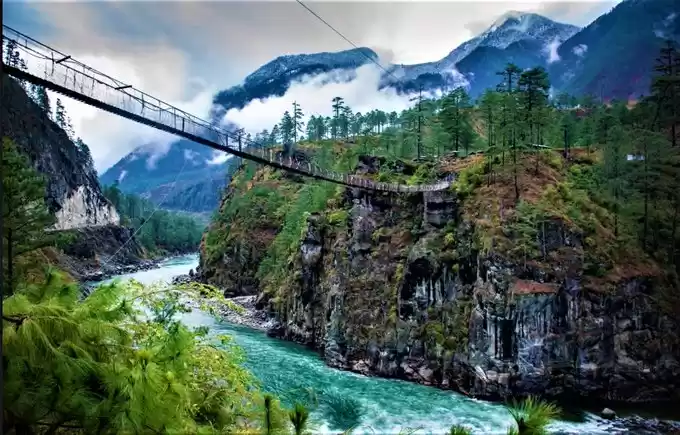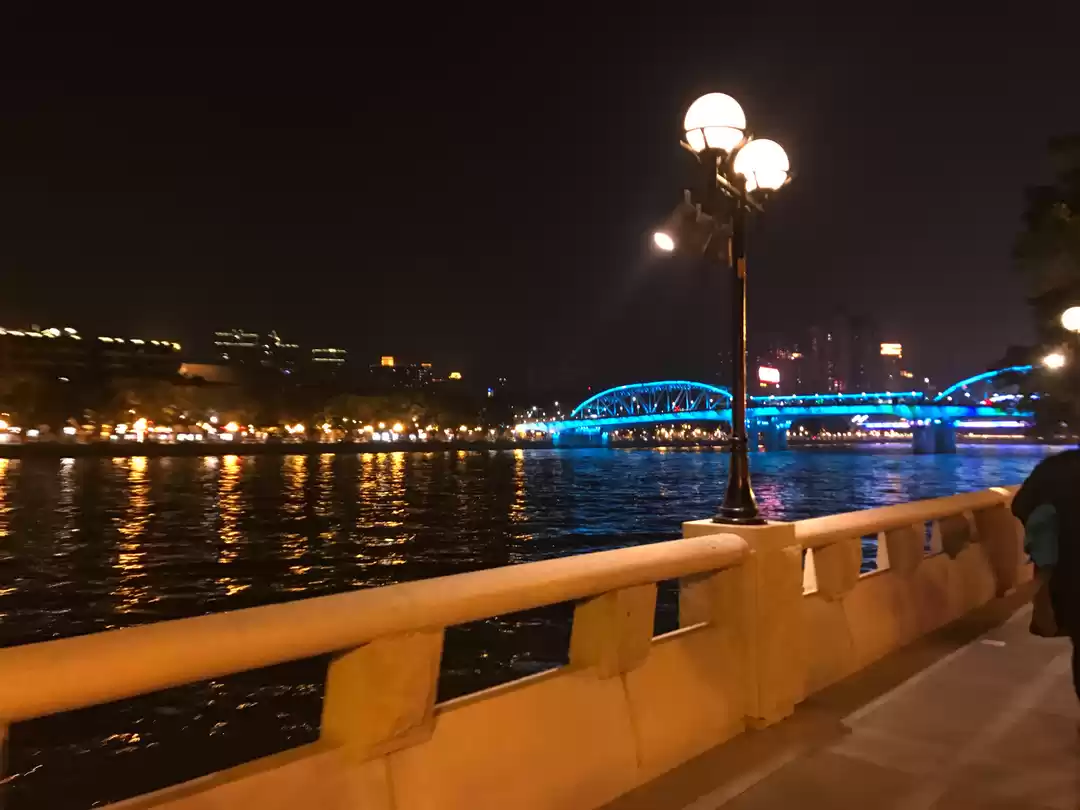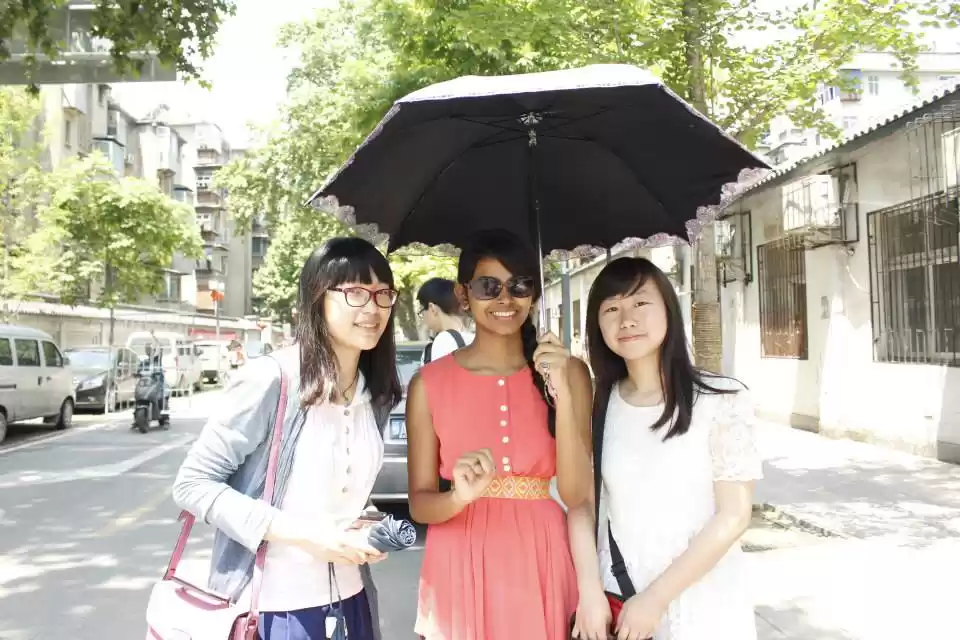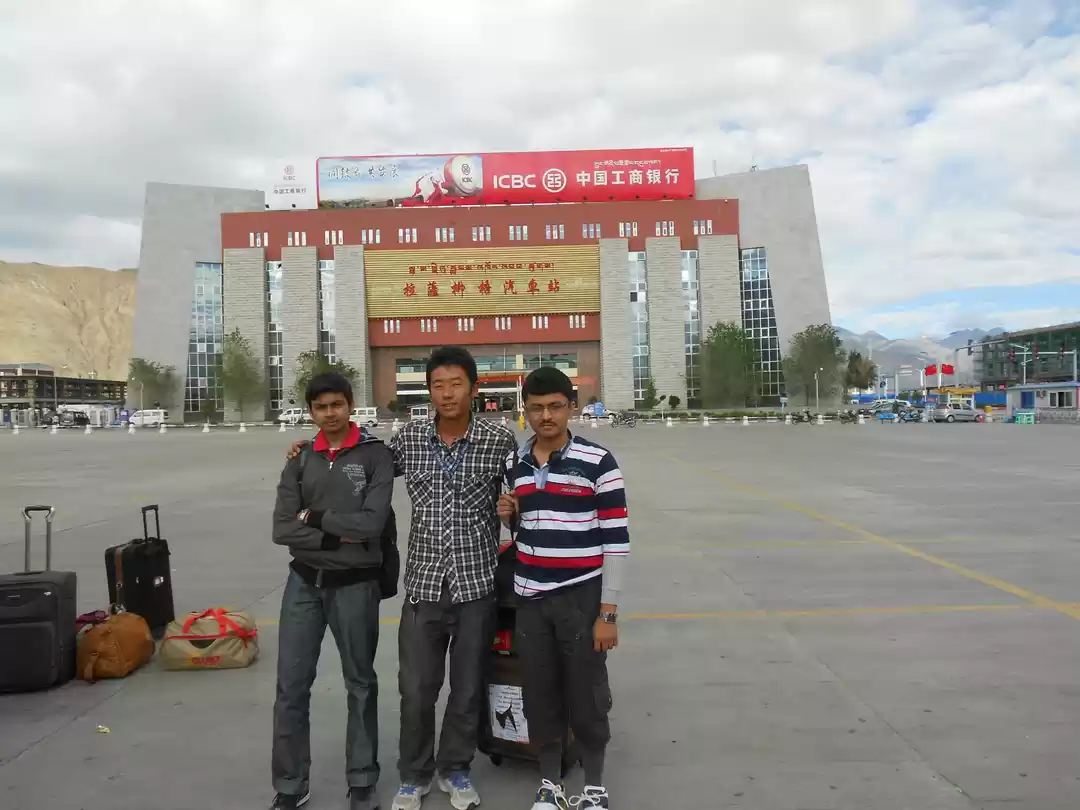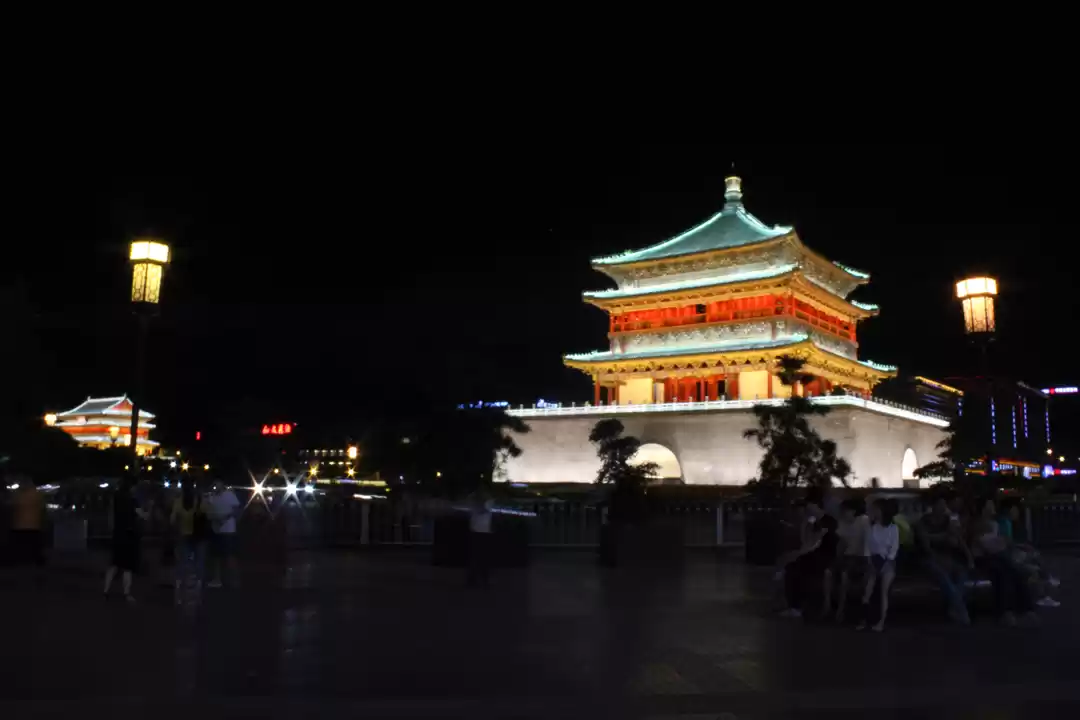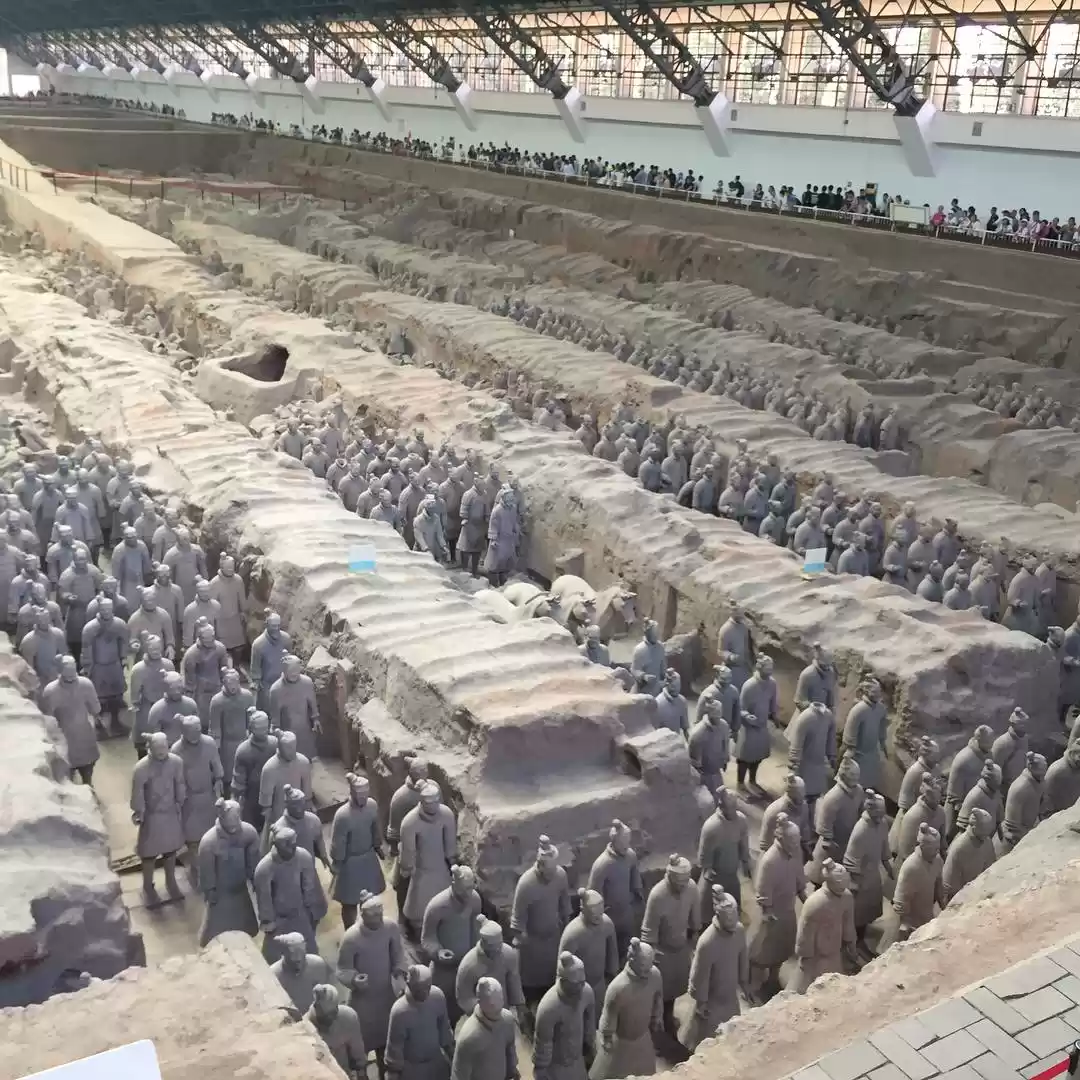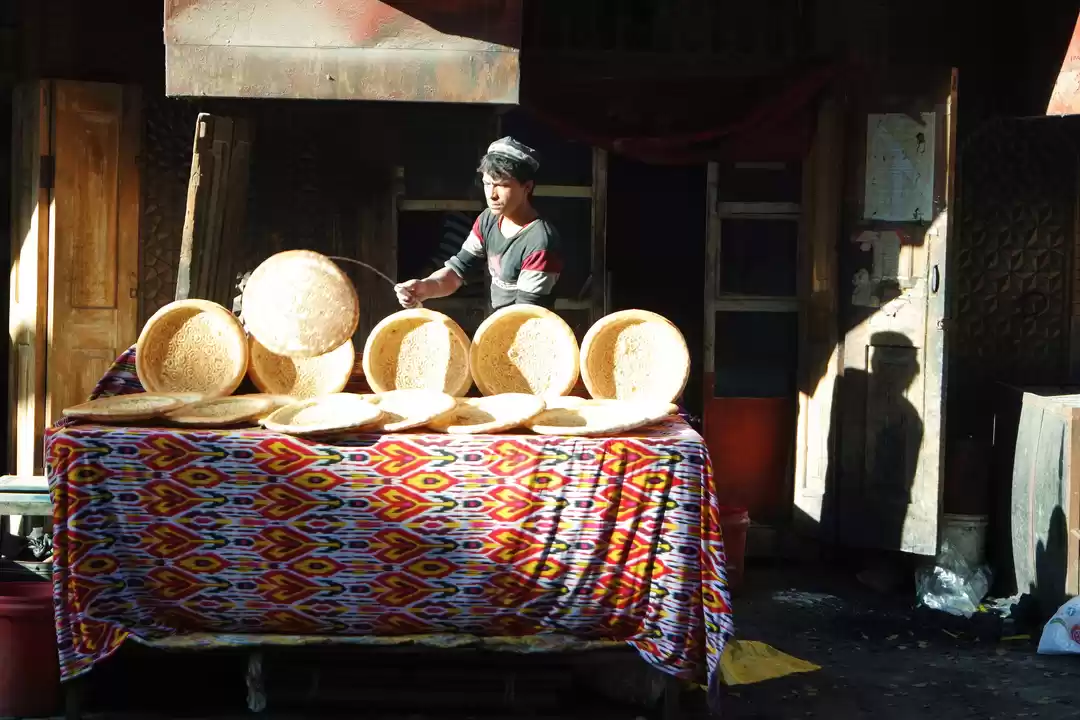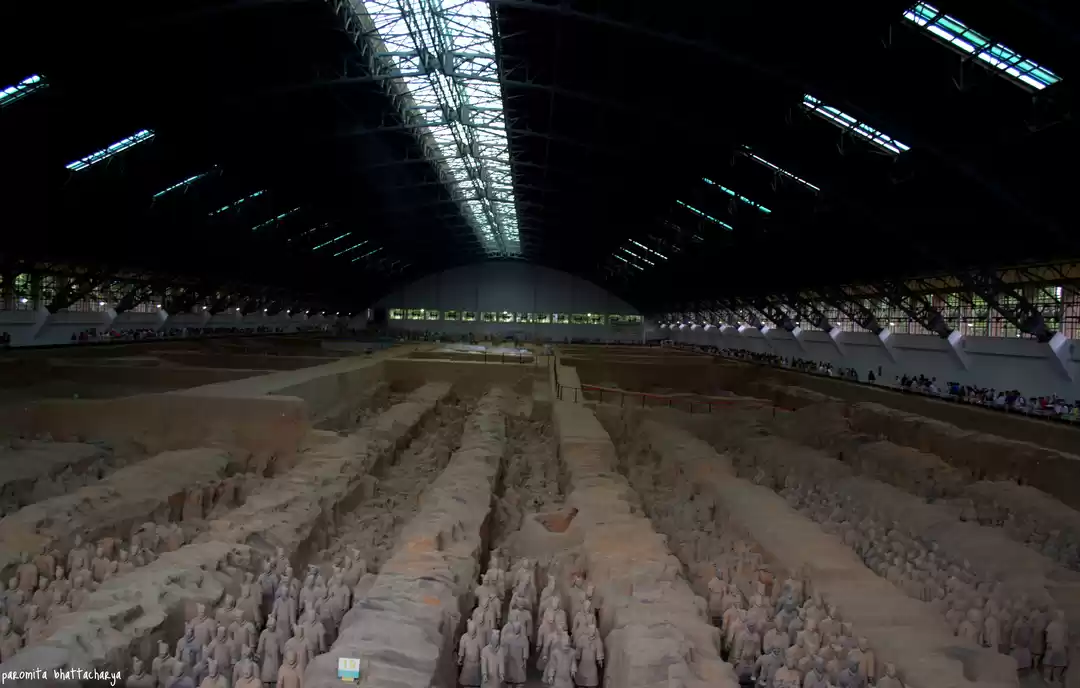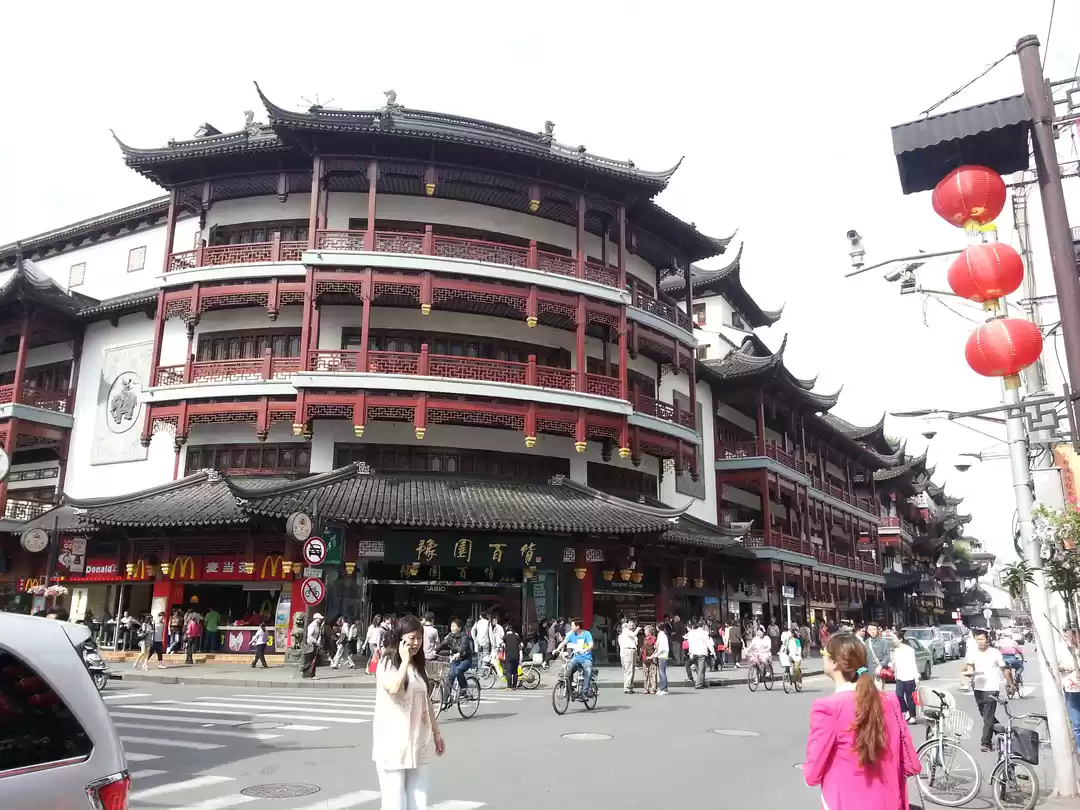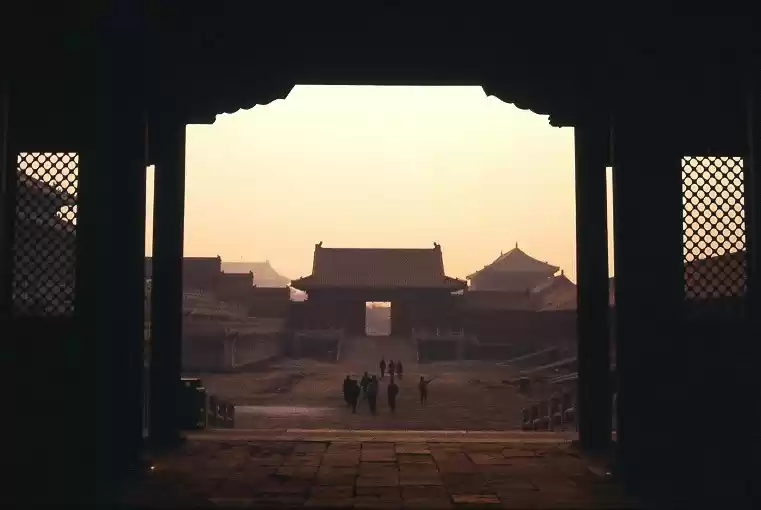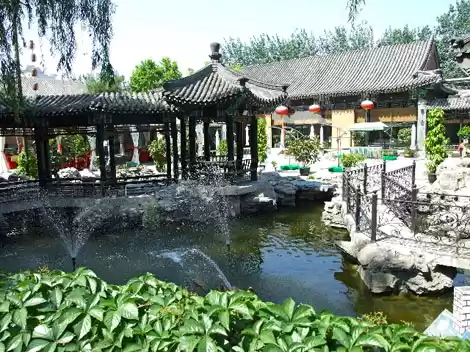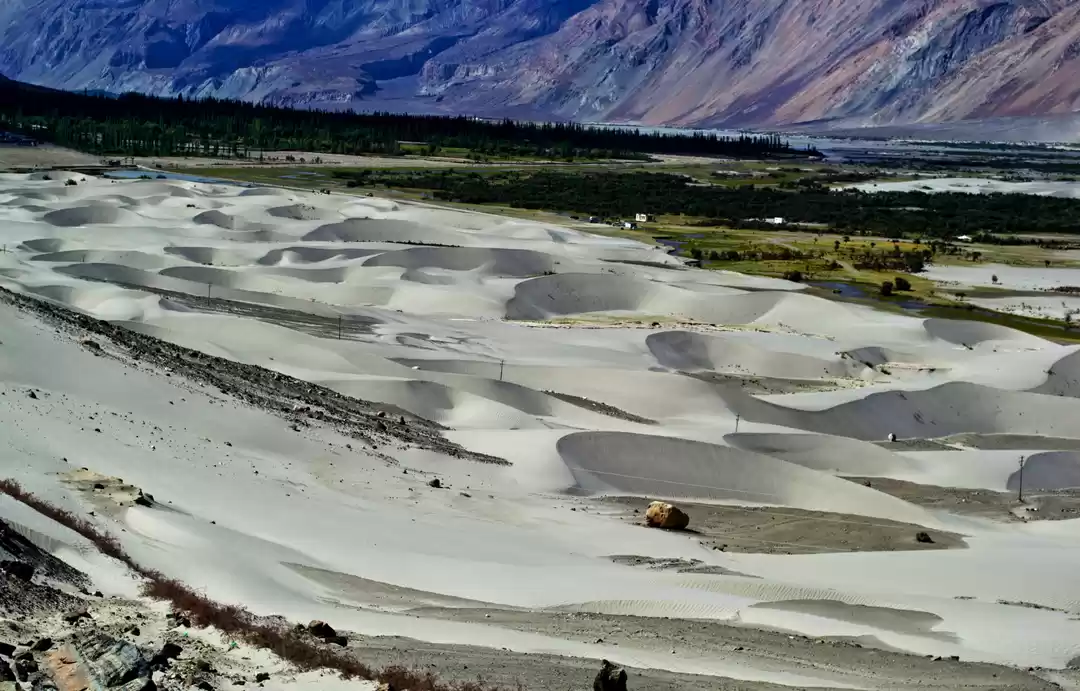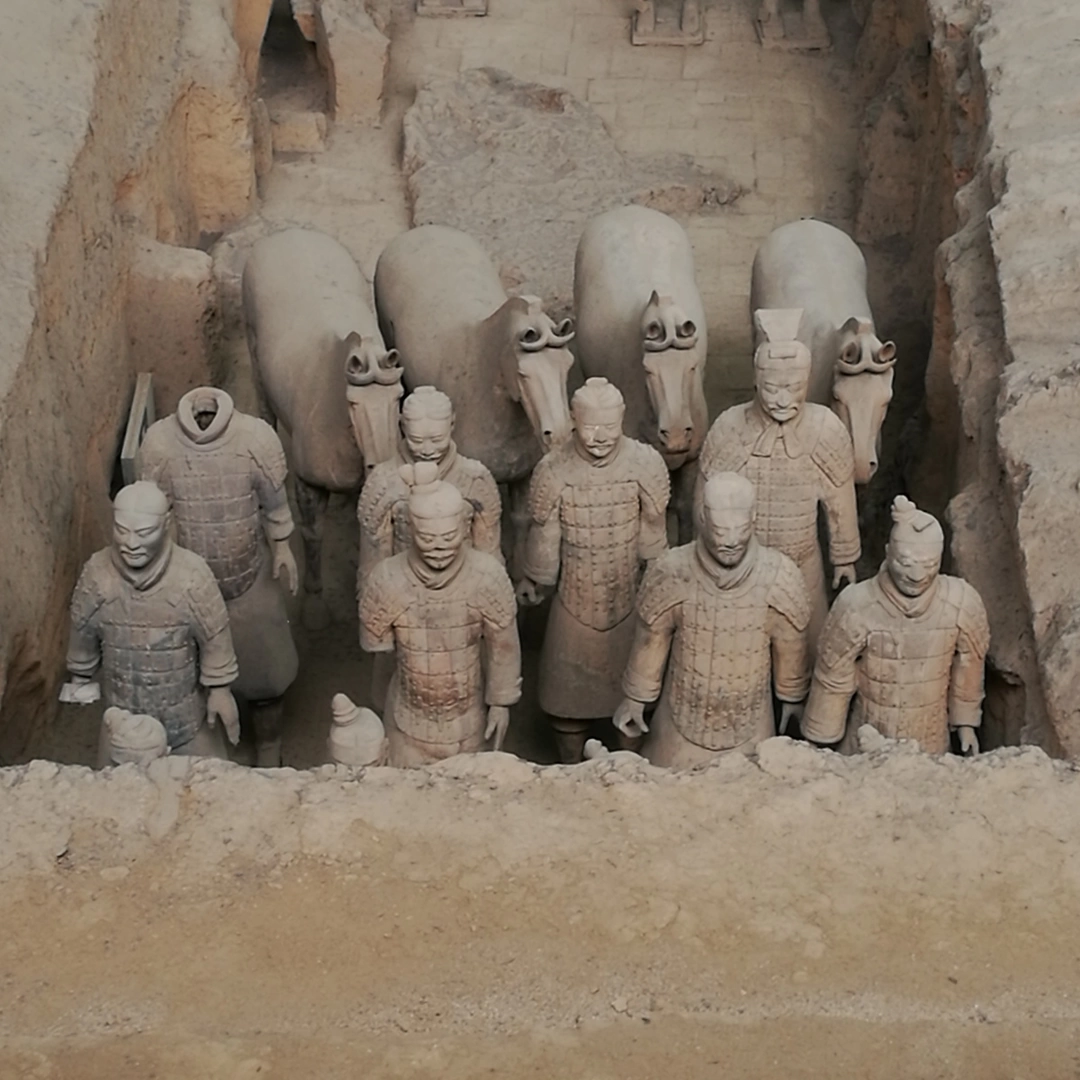










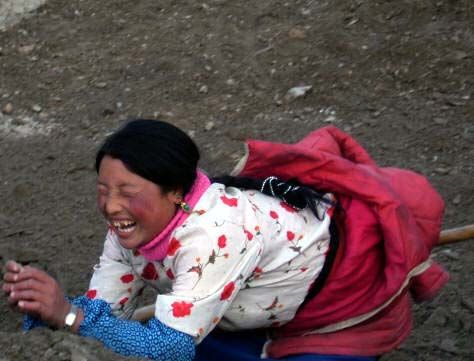




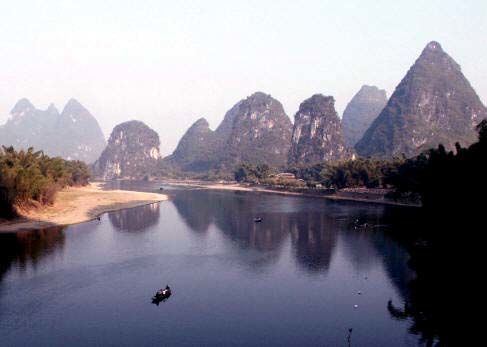


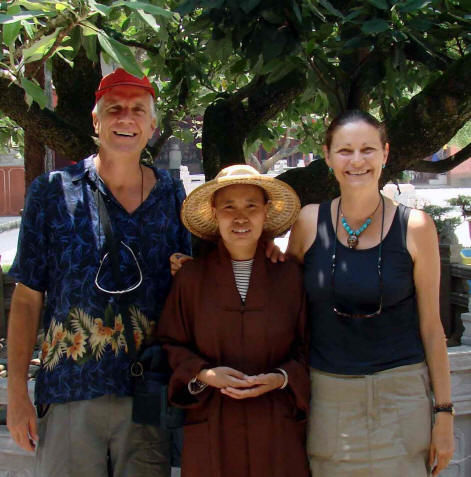
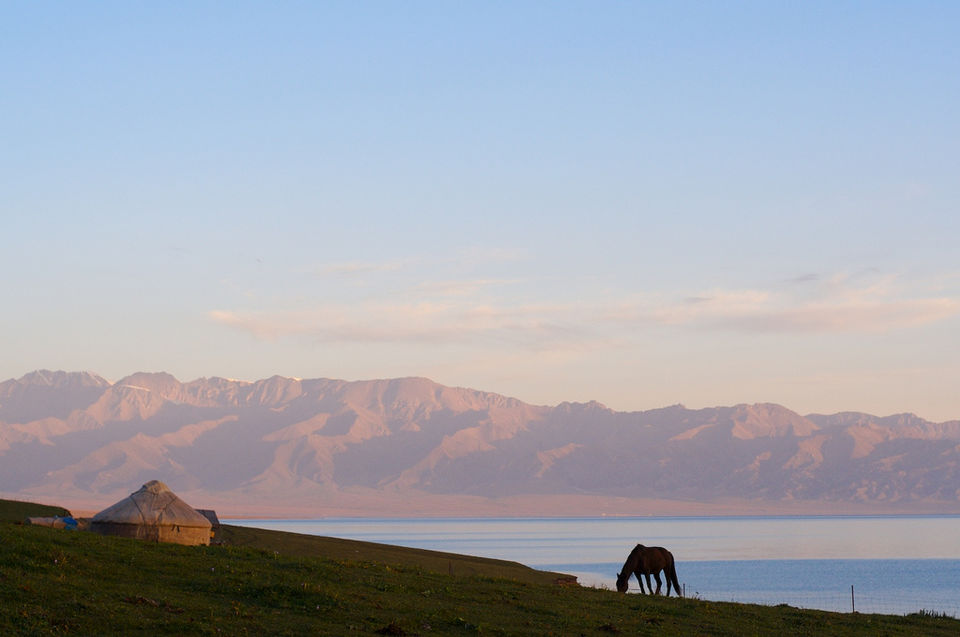
If you're on the look-out for a place that offers a perfect amalgamation of history, modernity and culture, China is the destination for you. From the deserts in the west to the ocean on the east, China has a rich and textured history that encompasses over 5,000 years. Famous for the enterprising and innovative nature of its people, credited with inventions such as the gunpowder and magnetic compass, China is an ancient country with a profound history. A great amount of cultural relics such as the Great Wall and the Terra Cotta Warriors left by ancestors have become the treasures of the nation and the wonder of the world.
China has a large number of spectacular tour destinations including delicate water towns, imposing imperial palaces, splendid national cultural heritage and colorful folk custom. It will take years to visit all of the attractions, but it is fairly easily to tour the top attractions and below you will find exactly the same. Enjoy!
Labeled as Paris of the East, the Whore of the Orient, and haven of opium dens, this city has been a rich tapestry woven of gamblers, adventurers, gangsters, and sailors alongside missionaries trying to save their wicked souls. A vigorous and energetic international metropolis, people from all over the world come here to enjoy its special atmosphere. We marveled at the back street night markets, the new Shanghai Museum, and the mind-blowing contortions of the Shanghai Acrobatic Troupe on stage at the classic Lyceum Theatre. Just picture five motorcycles racing around at high-speed, inside a 20 foot diameter steel cage sphere, without crashing. We were continually amazed by the diversity that makes China a destination like no other.
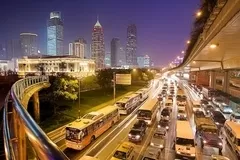
Walking across Tian'anmen Square, the world’s largest public square and symbolically the center of the Chinese Universe, we passed thousands standing under the scorching sun to see a glimpse of “Pickled Mao” and the historic monument where anti-government student protesters were slaughtered in 1989. Up to a million people have gathered here at one time so no bicycles are allowed, only an occasional tank I guess, and close-circuit television cameras and plain clothed policemen ensure that any fire of dissent is quickly extinguished. The people are still closely monitored by the government but with increasing international exposure things are definitely loosening up. The locals loved us and we didn’t see another westerner in four days. We chose to stay at a small local hotel, near Tian'anmen Square (close to the Far East Hostel) down a hutong, or narrow alleyway, teeming with everyday Chinese life.
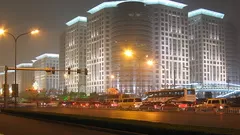
Xi’an is an example of the richness of China’s past. The western terminus for the caravans on the Silk Road, Xi’an was already a classic world city two centuries before Homer wrote the Illiad and the Odyssey, five centuries before Buddha’s enlightenment, and many centuries before the inception of the “new kid on the block”, United States! Surrounded by a six kilometer long, 60 ft high Ming Dynasty Wall, the intricate blend of Buddhist temples, Islāmic mosques, and narrow streets with markets in the shadows of skyscrapers, shows this city’s extraordinary ability to change with the times. The 2000 year old Army of Terracotta Warriors stands guard nearby with over 6000 life-size figures, each with a unique face. A beehive of activity, this is one of those archeological places not to be missed.
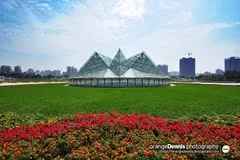
We followed the legendary Silk Road, starting in Xi'an, westward to Dunhuang. Carving its way through deserts and mountains this famous and well-trodden route once carried camel caravans bringing goods and ideas in and out of China. Connecting Europe via the Middle East, with the Middle Kingdom, travelers and merchants used oases as stepping- stones through this treacherous route.
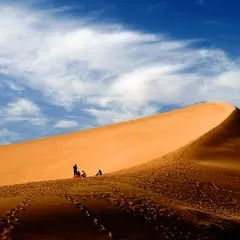
From Dunhuang we headed towards Tirpan in Xinjiang. We explored the crossroads market, the mysterious Afghani style Emin Minaret and Mosque, the ancient ruins of Jiaohe, and the kanez or the 5000 km of underground irrigation canals that transform this desert into a cornucopia of vineyards, orchards and lush gardens. The result is melons so crisp and sweet that they literally melt in your mouth. In fact all the fruits and vegetables are scrumptious! The city was alive with old men wearing fez, women draped in scarves and veils, hot bread from clay ovens, donkey carts laden with fresh produce and hay wagons piled higher than double-decker buses.

Next, we spent a night in Urumqi, the capital of Xinjiang province. It has a great night market and besides the night market, we visited the museum displaying ancient corpses. The 4000 year old mummies! Perfectly preserved in the arid climate and saline soil, with skin and hair intact, these mummies prove that European nomads migrated over the Himalayas thousands of years ago. Intriguing! The makings of a new sequel "Mummy III"!
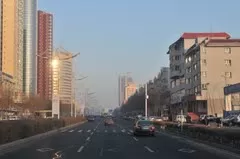
We left Urumqi eastward-bound and jumped off the bus at Sayram Lake. After talking for a while to Marat, a 30-year-old Kazakh, we followed him home to his family’s yurt. Decorated in the colorful rainbow of hand-embroidered tapestries, the yurt’s usual little wood stove was missing so we had to literally bury ourselves in the warm quilts until the morning sun warmed the landscape. It was an experience to cook over the fire outside and, learn how to make their yummy wheat noodles, teach Marat his numbers in English, play with the baby and watch the steady stream of nomads, sheep, horses, and camels parade by the yurt.
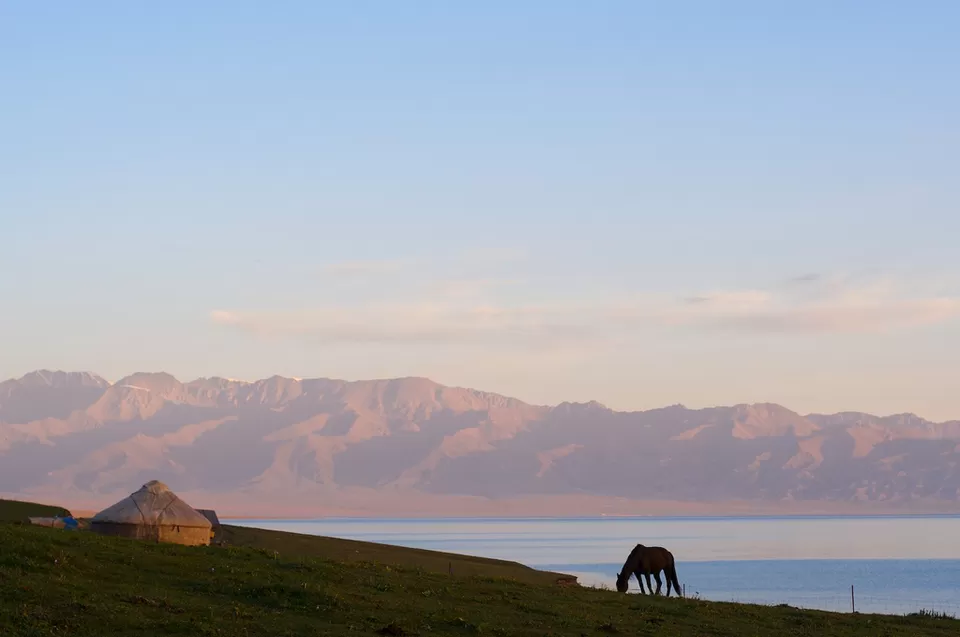
Exotic. Mysterious. A pulsating maze of colors, sights and smells, more Middle Eastern than Chinese. How do you begin to describe this mesmerizing 3000 year old oasis and trading mecca along the Silk Road?? An ethnic blend of Uyghurs, Tajiks, Kyrgyz, Uzbeks, and Han Chinese, some things in the Old Town of Kashgar haven’t changed since medieval times. Every narrow lane beckons you to explore the bazaars full of shimmering silk, knives, jewelry and carpets all moving to the rhythmic beat of metalworkers, cobblers, and weavers producing quality wares by hand; trades passed from generation to generation.
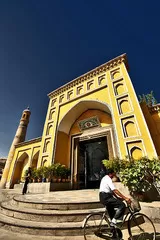
Karakoram Highway which leads over Khunjerab Pass (14,400 ft.) to Pakistan is the perilous route used by caravans for centuries along the Silk Road. Khunjerab means ‘valley of blood’, reliving the terror of bandits who took advantage of the terrain to steal the wealth of the caravans and slaughter the merchants.
